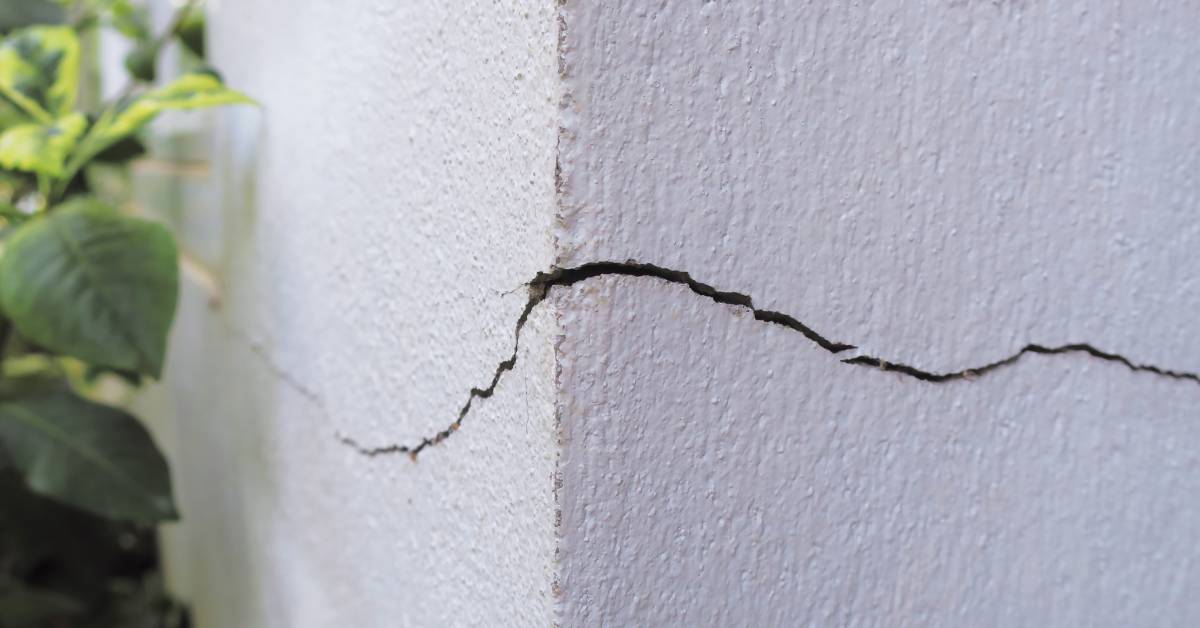
It’s natural for homes to settle over time as the soil regularly expands and contracts. After decades of settling, homes are at a higher risk of foundational damage. Signs like cracks in the drywall, doors and windows that won’t close, bowing walls, and fractures in the concrete base are dangerous.
Prioritizing a sustainable lifestyle is admirable; you go to great lengths to ensure you’re upholding eco-friendly practices. Fixing your home’s foundation isn’t any different. There are several traditional foundation repair approaches, but are they good for the environment? Continue reading about whether residential foundation repair is eco-friendly and what your options are to restore your home’s stability.
The Non-Sustainable Foundation Repair Methods
Chemical Grouting
Chemical grouting involves injecting chemical mixtures into the soil to stabilize the foundation. These chemicals can contaminate groundwater and harm surrounding plant life. Furthermore, the production and disposal of these chemicals contribute to pollution and waste.
Petroleum-Based Sealants
Home foundations need a moisture barrier to prevent wood rot and mold growth. Some foundation repair companies will use petroleum-based sealants because they are quick to apply and provide excellent adhesion.
However, the environmental implications are concerning; these sealants release volatile organic compounds (VOCs) into the atmosphere, contributing to air pollution and respiratory issues. Additionally, their production process can lead to habitat disruption and reliance on fossil fuels.
Excessive Excavation
Excessive excavation around the foundation can disrupt local ecosystems, erode soil, and generate large amounts of waste material. The machinery used in excavation also emits substantial carbon dioxide, contributing to air pollution and climate change. These environmental drawbacks make excavation a less desirable option.
The Eco-Friendly Foundation Repair Solutions
Polyurethane Foam Injection
One of the most sustainable methods for foundation repair is polyurethane foam injection. The eco-friendly foam expands to fill voids and lifts the foundation. The foam, made from recycled materials, has a minimal environmental footprint. It doesn’t leach harmful chemicals into the soil or groundwater.
Foam injection also requires less excavation. Since there’s minimal soil disruption and waste generation, this is an eco-friendly choice to support your structure.
Helical Piers
Understanding foundation piers opens another door to sustainable opportunities. Helical piers are steel rods made from recyclable materials and screwed into the ground to provide support for the foundation. The process involves small, manageable tools that will quickly install the piers. Their durability also means fewer replacements, contributing to long-term sustainability.
Wall Stabilization
Homes with bowing or leaning walls need wall stabilization for the foundation. Customized zinc-plated steel beams are an option. You anchor them to the basement floor for support without the need for invasive digging or drilling.
The use of zinc plating enhances the durability of the beams, protecting them from corrosion and extending their lifespan. By choosing this solution, homeowners can stabilize their walls while ensuring minimal environmental impact.
Make Your Home Structurally Sound and Sustainable
There are several eco-friendly residential foundation repair solutions available. You can reinforce your home’s strength, keep your loved ones safe, and protect the environment in the process.





